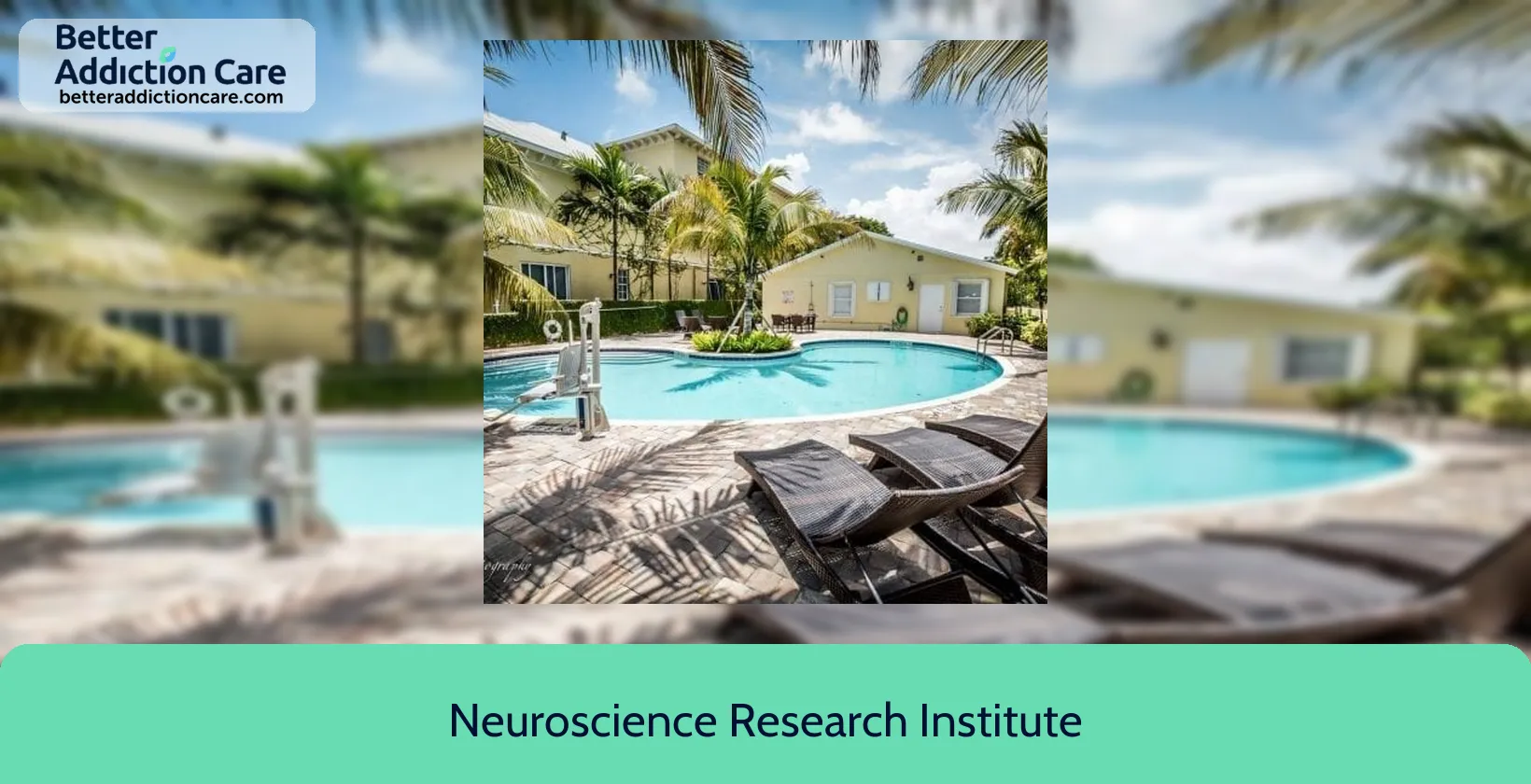Neuroscience Research Institute
Overview
Neuroscience Research Institute is an mental health treatment center that provides inpatient and outpatient treatment for men between 18 and 65+ years of age. As part of their special programs, Neuroscience Research Institute treats clients with co-occurring mental and substance use disorders, clients who have experienced trauma, and persons with post-traumatic stress disorder (ptsd). To help patients achieve sobriety, Neuroscience Research Institute provides intake assessments. Afterward, patients receive couples/family therapy, group counseling, and cognitive behavioral therapy during treatment. Neuroscience Research Institute is located in West Palm Beach, Florida, providing treatment for people in Palm Beach County, accepting cash or self-payment, private health insurance, and sliding fee scale (fee is based on income and other factors).
Neuroscience Research Institute at a Glance
Payment Options
- Cash or self-payment
- Private health insurance
- Sliding fee scale (fee is based on income and other factors)
Assessments
- Screening for tobacco use
- Comprehensive mental health assessment
- Comprehensive substance use assessment
Age Groups
- Young adults
- Adults
- Seniors
Ancillary Services
- Assertive community treatment
- Intensive case management
- Case management service
- Chronic disease/illness management
- Court-ordered outpatient treatment
Highlights About Neuroscience Research Institute
6.74/10
With an overall rating of 6.74/10, this facility has following balanced range of services. Alcohol Rehabilitation: 8.00/10, Drug Rehab and Detox: 6.00/10, Insurance and Payments: 6.00/10, Treatment Options: 6.97/10.-
Alcohol Rehabilitation 8.00
-
Treatment Options 6.97
-
Drug Rehab and Detox 6.00
-
Insurance and Payments 6.00
Treatment At Neuroscience Research Institute
Treatment Conditions
- Alcoholism
- Mental health treatment
- Substance use treatment
- Co-occurring Disorders
Care Levels
- Hospital inpatient treatment
- Partial Hospitalization Program
- Outpatient
Treatment Modalities
- Couples/family therapy
- Group counseling
- Cognitive behavioral therapy
- Dialectical behavior therapy
- Integrated Mental and Substance Use Disorder treatment
Ancillary Services
Additional Services
- Pharmacotherapies administered during treatment
- Mentoring/peer support
- HIV testing
Special Programs
- Clients with co-occurring mental and substance use disorders
- Clients who have experienced trauma
- Persons with post-traumatic stress disorder (PTSD)
Get Help Now
Common Questions About Neuroscience Research Institute
Contact Information
Other Facilities in West Palm Beach
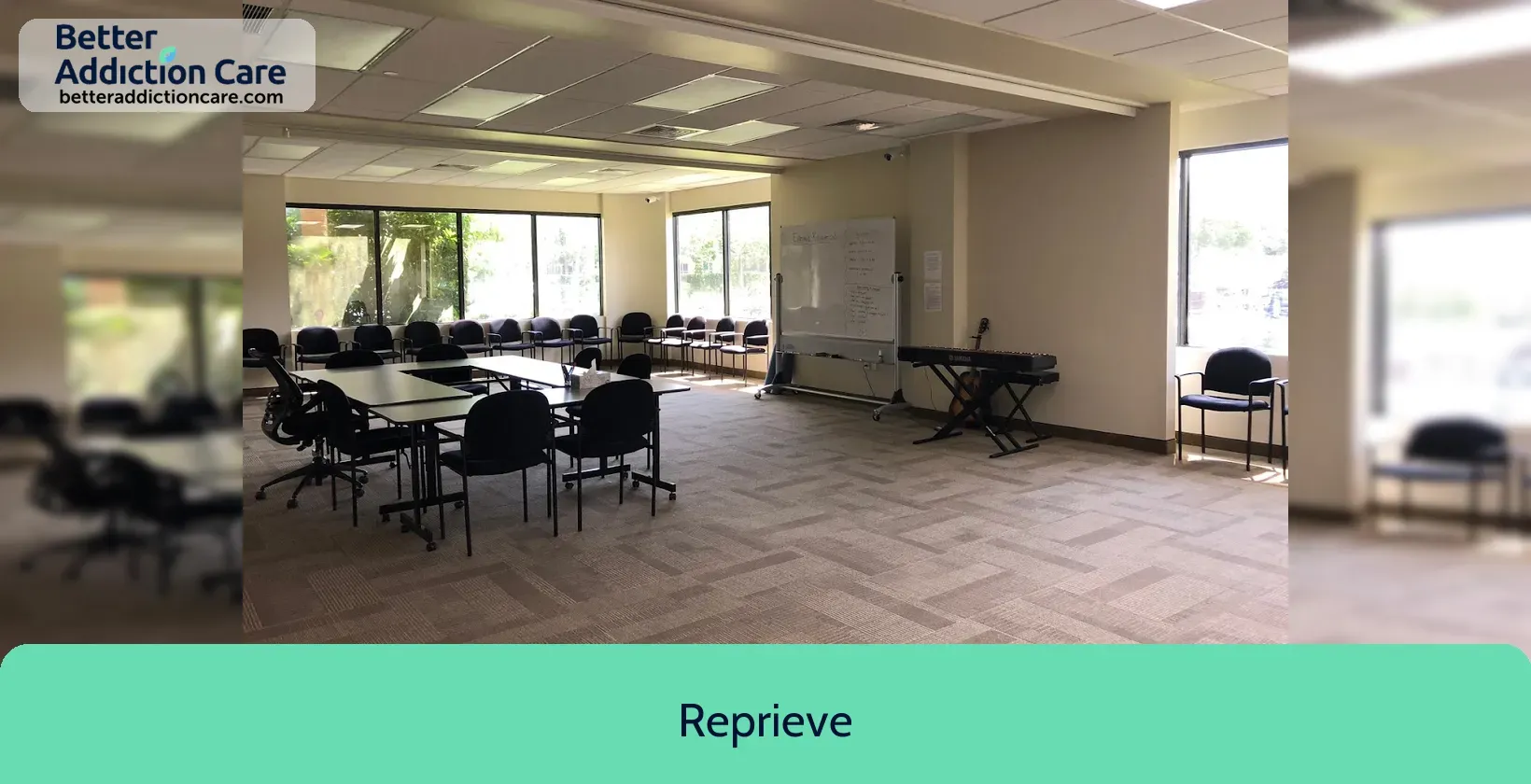
7.08
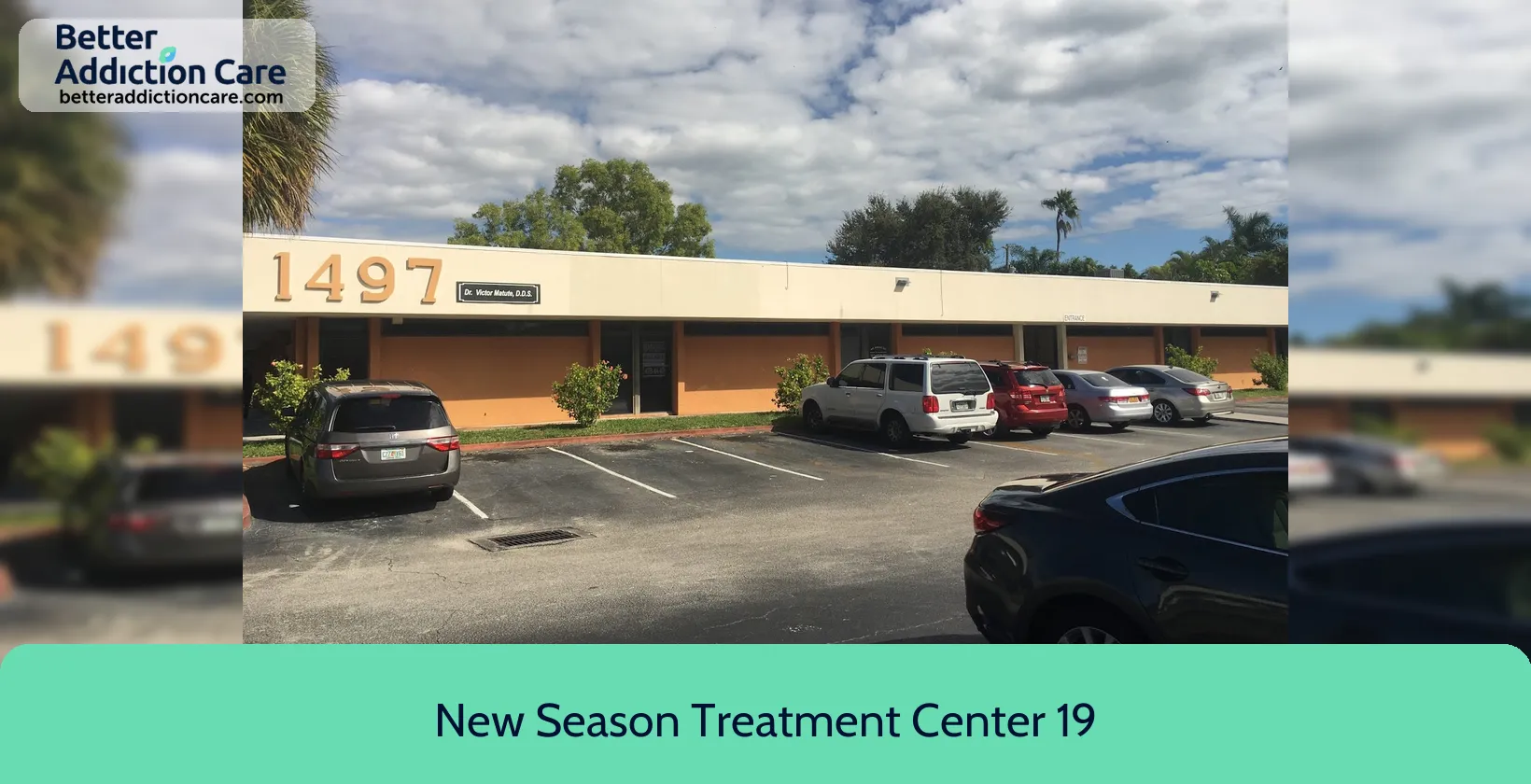
7.39
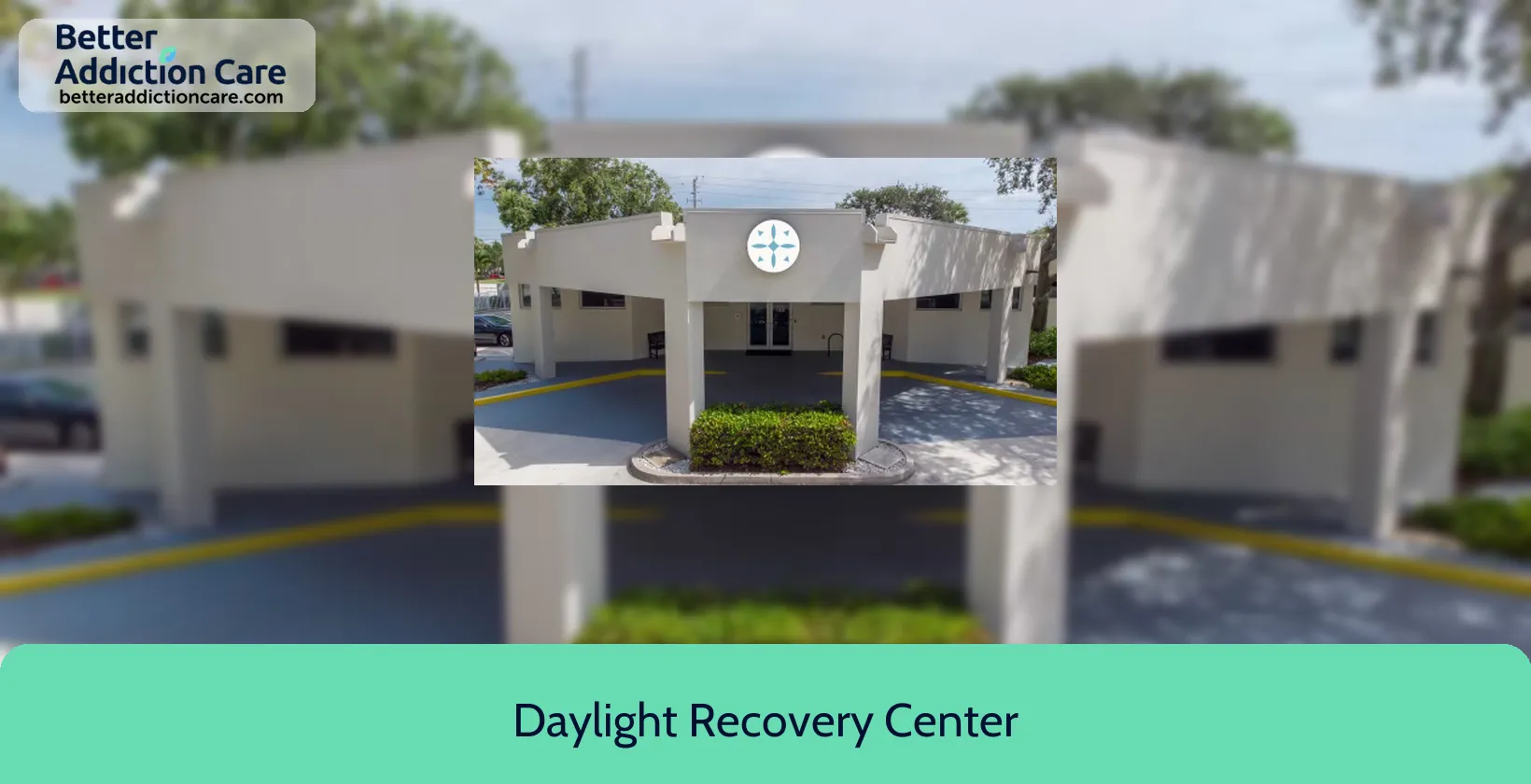
6.62
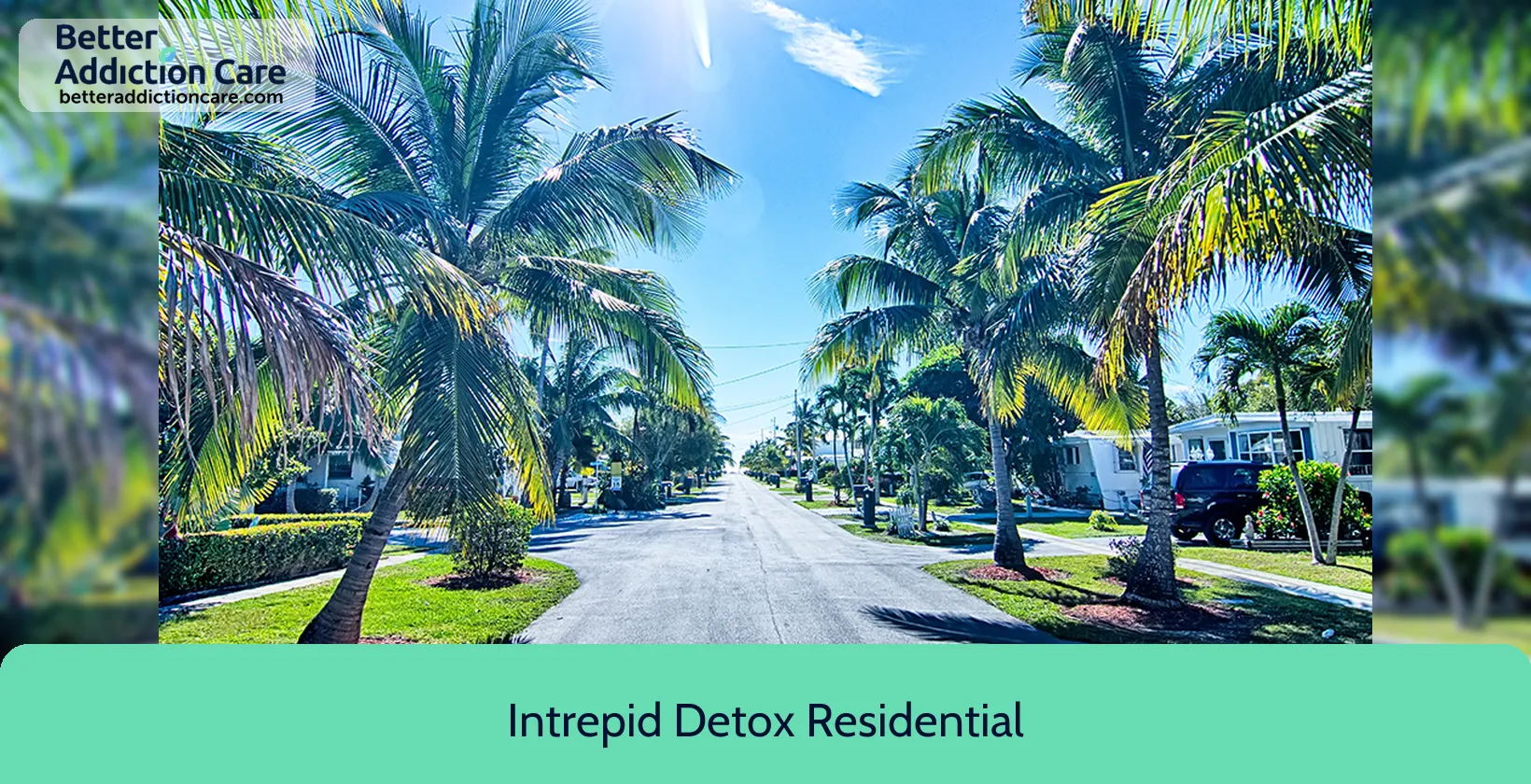
7.48
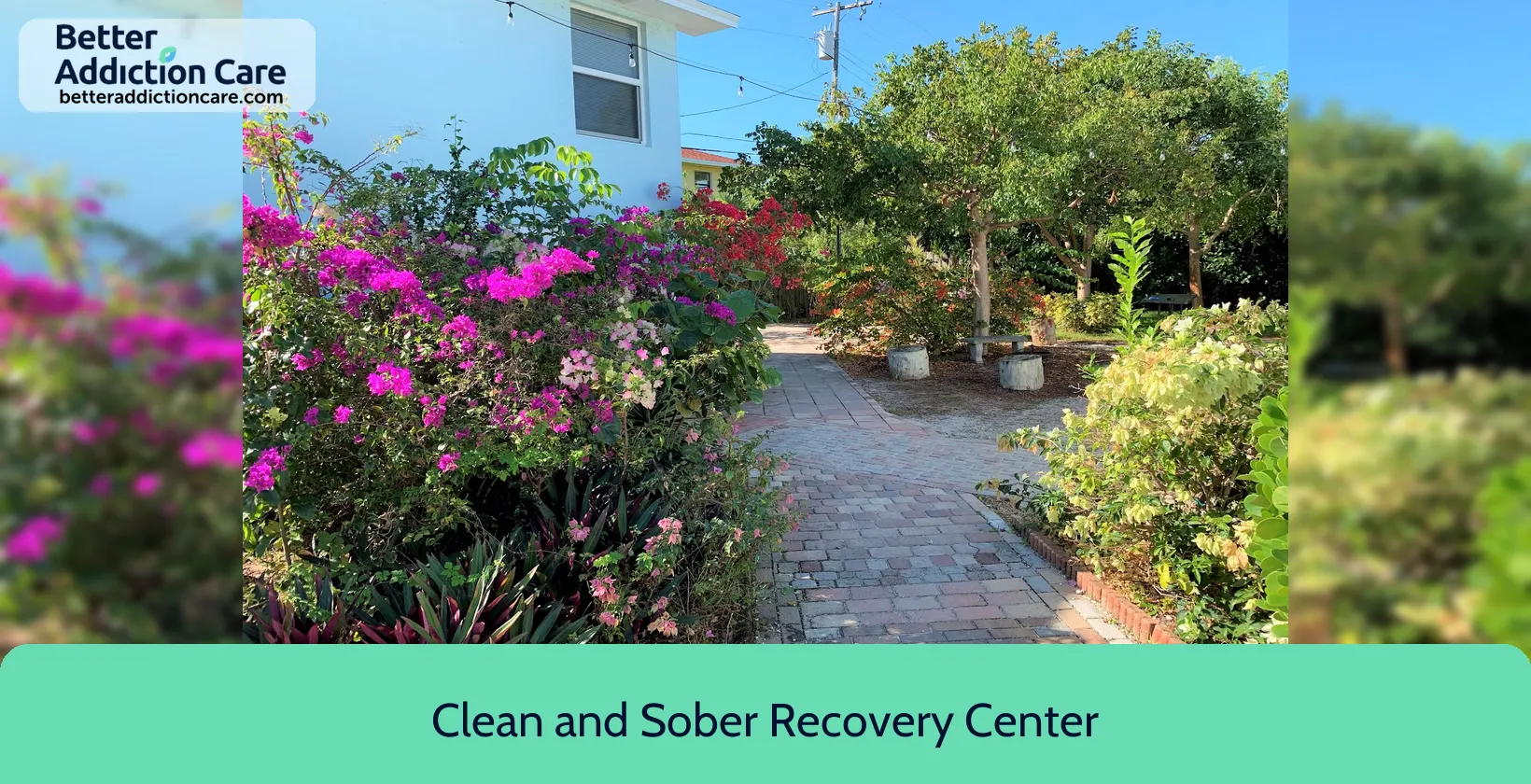
7.42
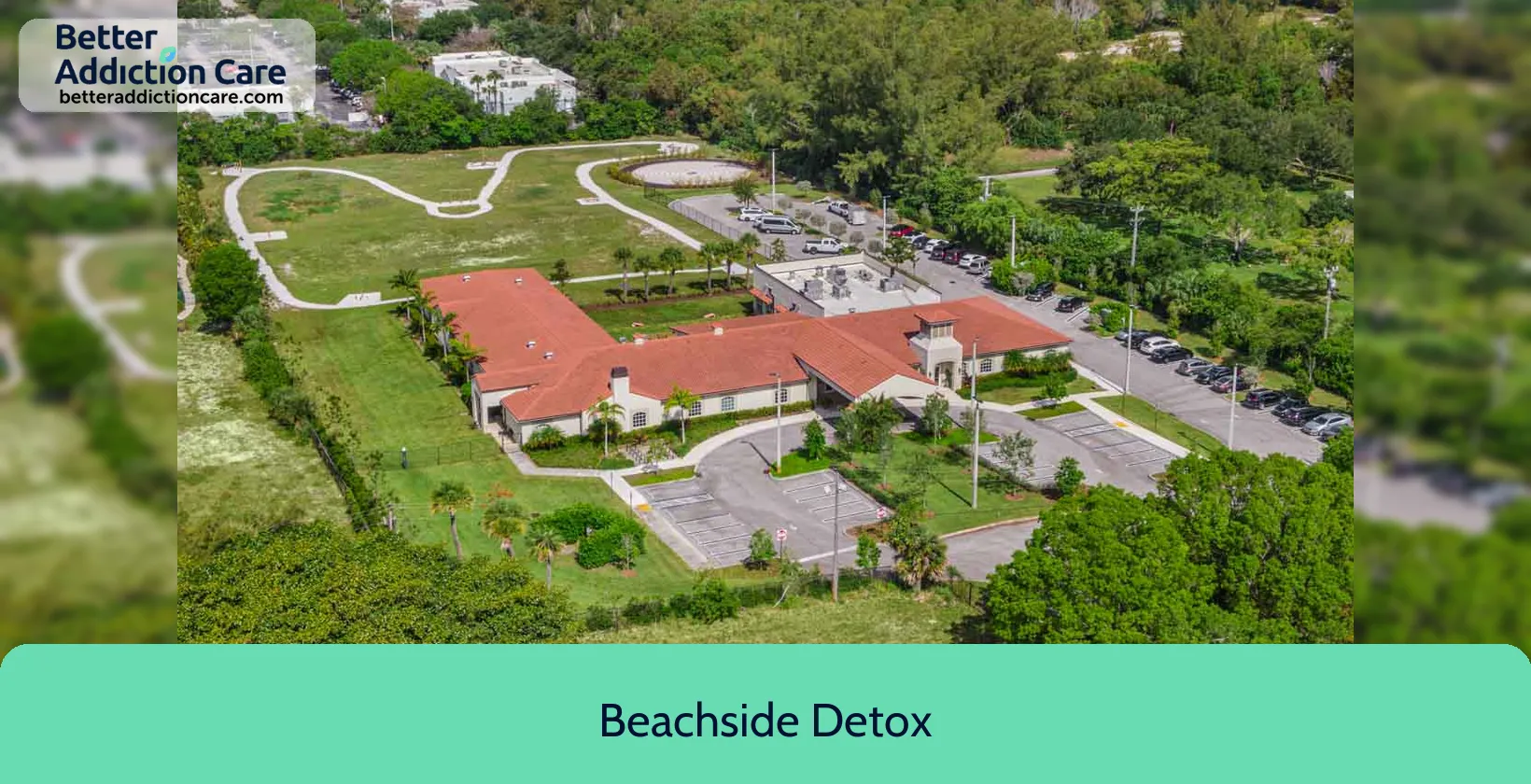
7.32
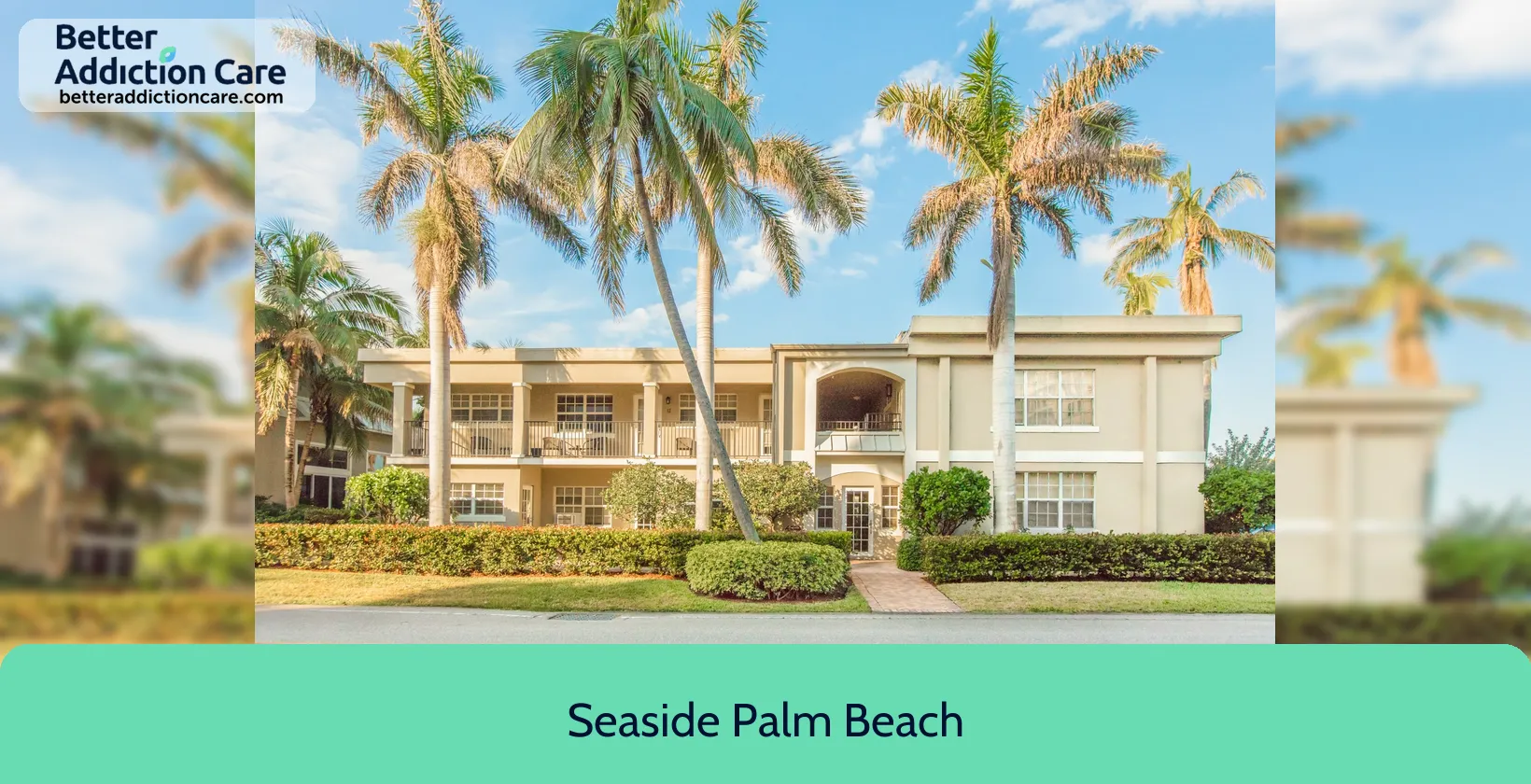
7.51
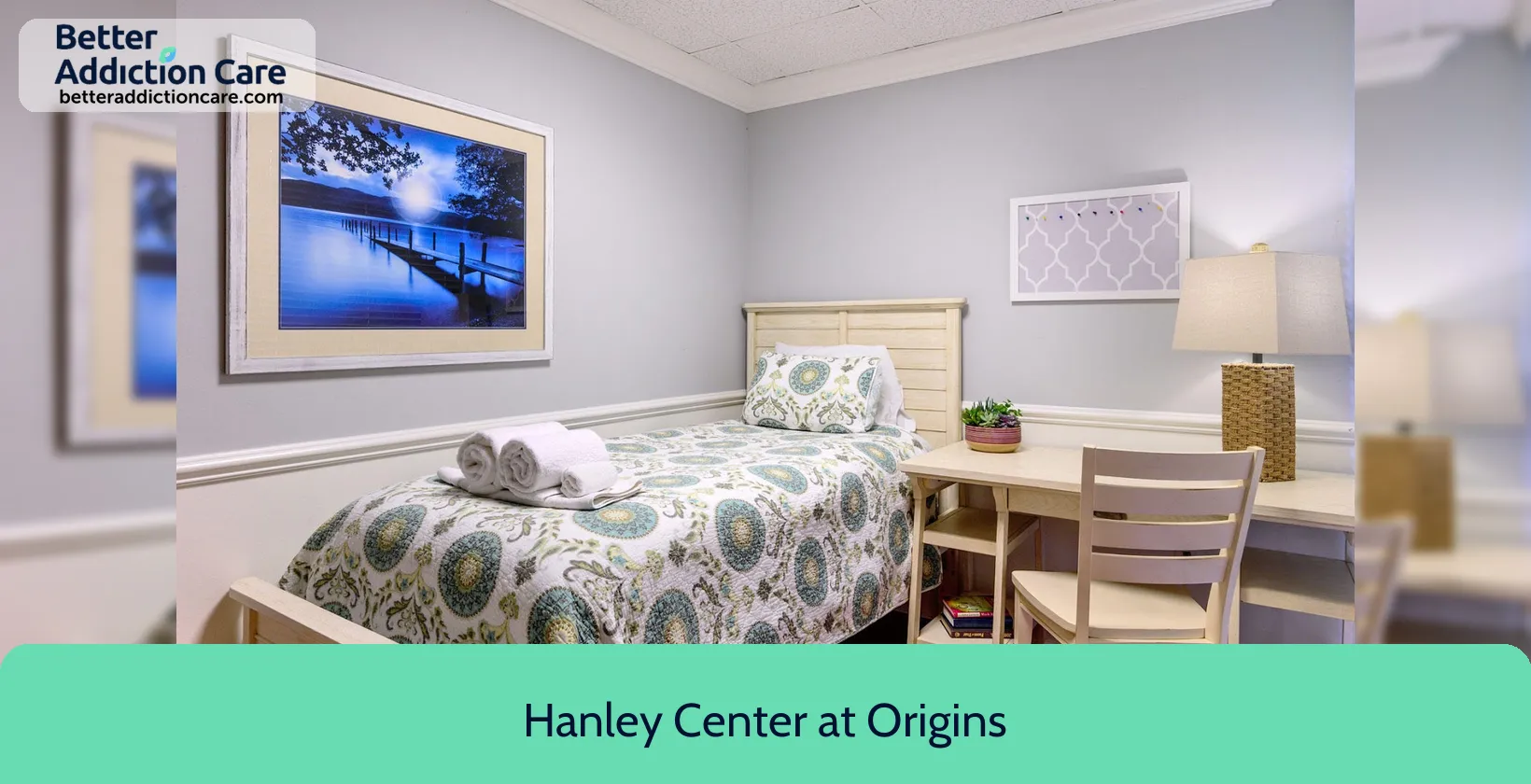
7.26
DISCLAIMER: The facility name, logo and brand are the property and registered trademarks of Hanley Center at Origins, and are being used for identification and informational purposes only. Use of these names, logos and brands shall not imply endorsement. BetterAddictionCare.com is not affiliated with or sponsored by Hanley Center at Origins.
